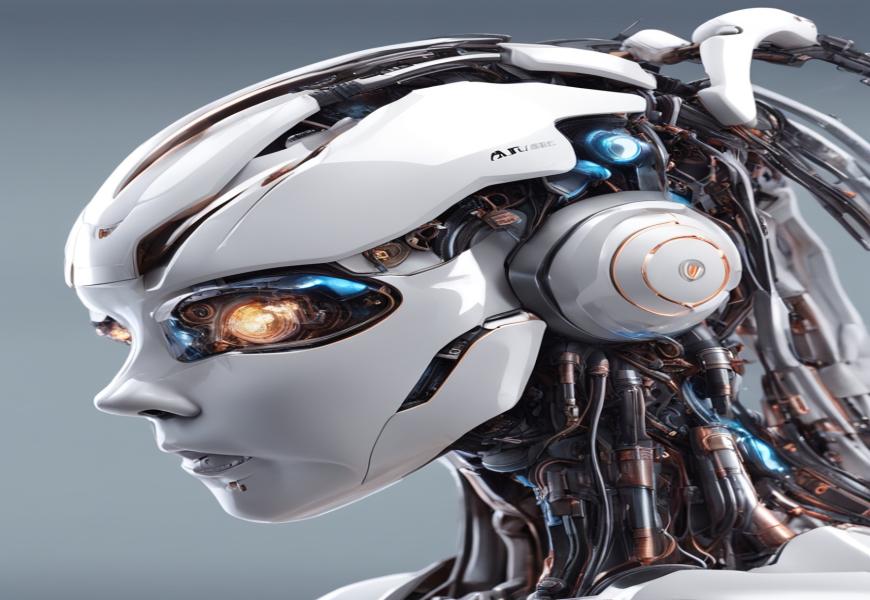
How the AI Revolution Is Shaping the Internet Landscape
Artificial intelligence has surged to the forefront of technological innovation, reshaping nearly every corner of the internet landscape. I find myself constantly amazed at the pace and scale at which AI is driving transformations, both thrilling and, at times, daunting. Let’s dive into exactly how AI is redefining the digital world we spend so much time inhabiting.
Blurring the Lines Between Reality and Digital Interaction
AI-powered tools are now deeply embedded in search engines, social media, e-commerce, and content creation platforms. Personalized recommendation systems—think of your favorite streaming service or online store suggesting just the right pick—rely heavily on sophisticated AI models. These models don’t just analyze what users like; they anticipate future preferences, keeping us engaged (sometimes even hooked) with content that feels eerily tailored to our tastes.
Natural language processing lets AI interact conversationally, breaking down barriers between humans and machines. Chatbots and virtual assistants streamline customer service, but on a personal note, I see them as new digital companions capable of handling both mundane and complex tasks alike. This blend of human and artificial interaction is making the internet feel less like a tool and more like an extension of our own thoughts and desires.
Democratizing Creation and Information
One of the most exciting shifts—at least from my standpoint—has been the lowering of entry barriers for creativity and information sharing. AI-generated art, music, and written content open doors for anyone with an internet connection to produce, publish, and influence global audiences. Small-time creators and large organizations alike wield AI tools, making the digital space both more creative and competitive than ever.
Of course, this newfound power comes with challenges. The proliferation of AI-generated content raises urgent questions about authenticity, misinformation, and copyright. Spotting what’s real online is becoming a new form of digital literacy, and I believe we must all sharpen this skill as AI continues to evolve.
Accelerating Digital Innovation
AI isn’t just changing what we see online—it’s transforming how the internet operates behind the scenes. Smarter data algorithms optimize network traffic, cybersecurity systems deploy AI to detect threats instantly, and websites leverage automation for seamless user experiences. As someone who closely follows digital trends, I marvel at the way AI keeps pushing the boundaries of what’s possible, from deepfakes to voice synthesis and predictive analytics.
Ethical Quandaries and Societal Impact
With great power comes complex responsibility. The same tools that personalize experiences and democratize content can also reinforce biases, threaten privacy, and magnify social divides. I’m convinced the next phase of the internet will require not only technological leaps but thoughtful governance—balancing innovation with protections for individual rights and societal well-being.
Gazing Toward the Future
As AI continues to infuse and influence all aspects of our online lives, I’m both optimistic and cautious. The internet is becoming a living, learning ecosystem, shaped not just by code, but by collective values, creative spirit, and at times, conflict. What excites me the most is the potential: if we steer this revolution wisely, we could foster an internet that’s not only smarter, but kinder and more inclusive too.

